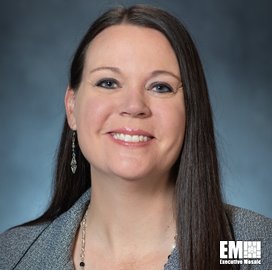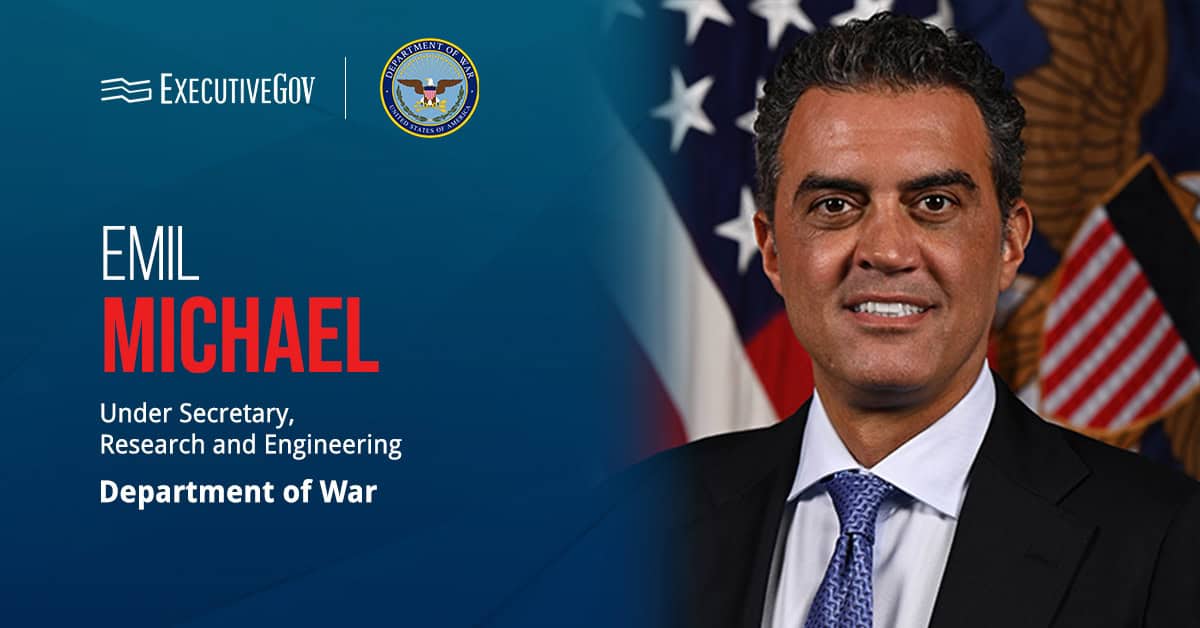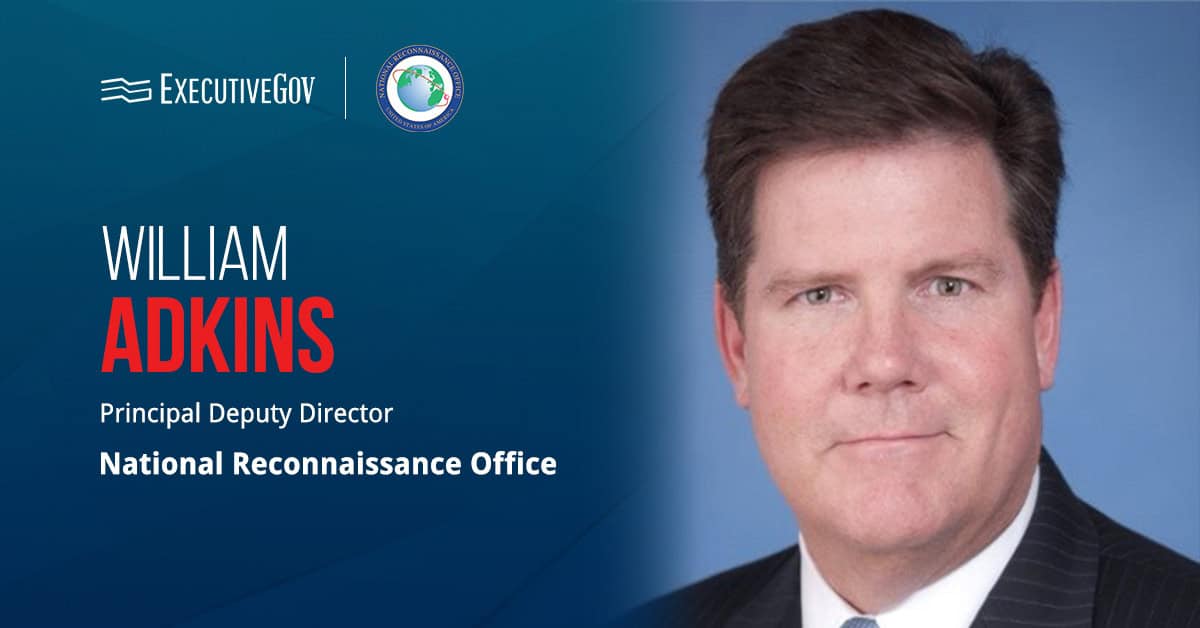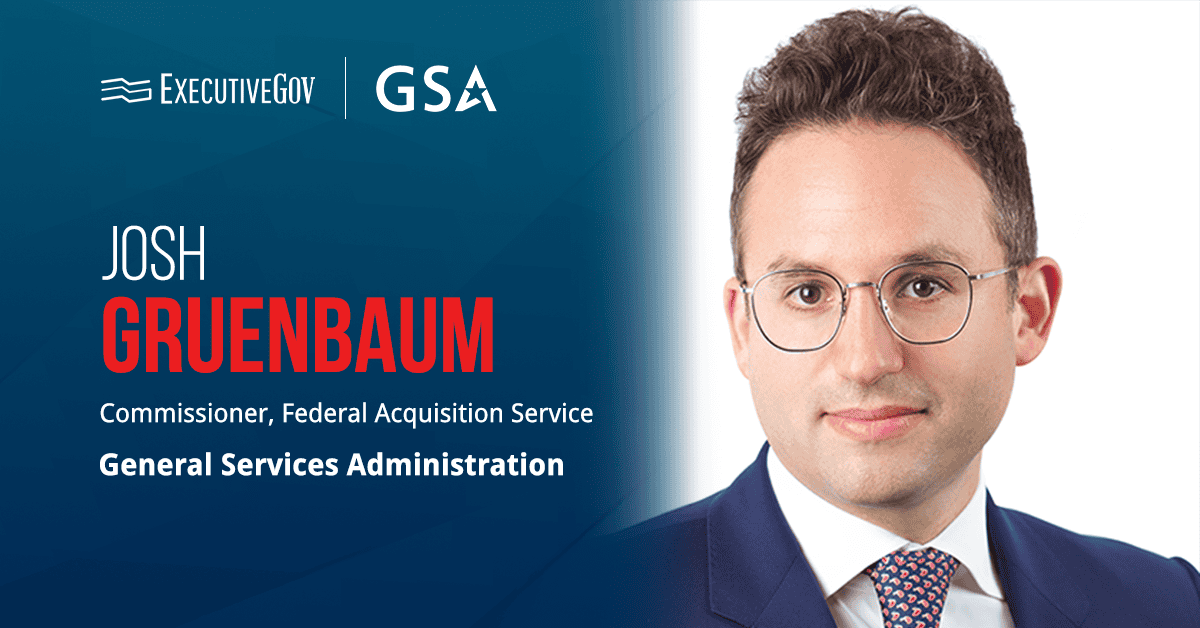Harmony Myers has been appointed acting deputy chief of the Office of Safety and Mission Assurance at NASA, according to the executive’s LinkedIn post shared Tuesday.
Myers takes on a leadership role overseeing safety and mission assurance activities across the agency’s different programs. She will be responsible for policy direction, functional management and coordination of the said activities.
The executive joined the agency in 2006 as a safety and reliability engineer before serving a variety of roles. She was later assigned to the NASA Safety Center at the Ohio Aerospace Institute in Cleveland, Ohio as director of the technical excellence office before her promotion to director of the center.
Prior to her move to NASA, Myers served as systems engineer and reliability engineer for United Space Alliance, where she got to work at the Kennedy Space Center. She also served as the region governor for the Society of Women Engineers.





